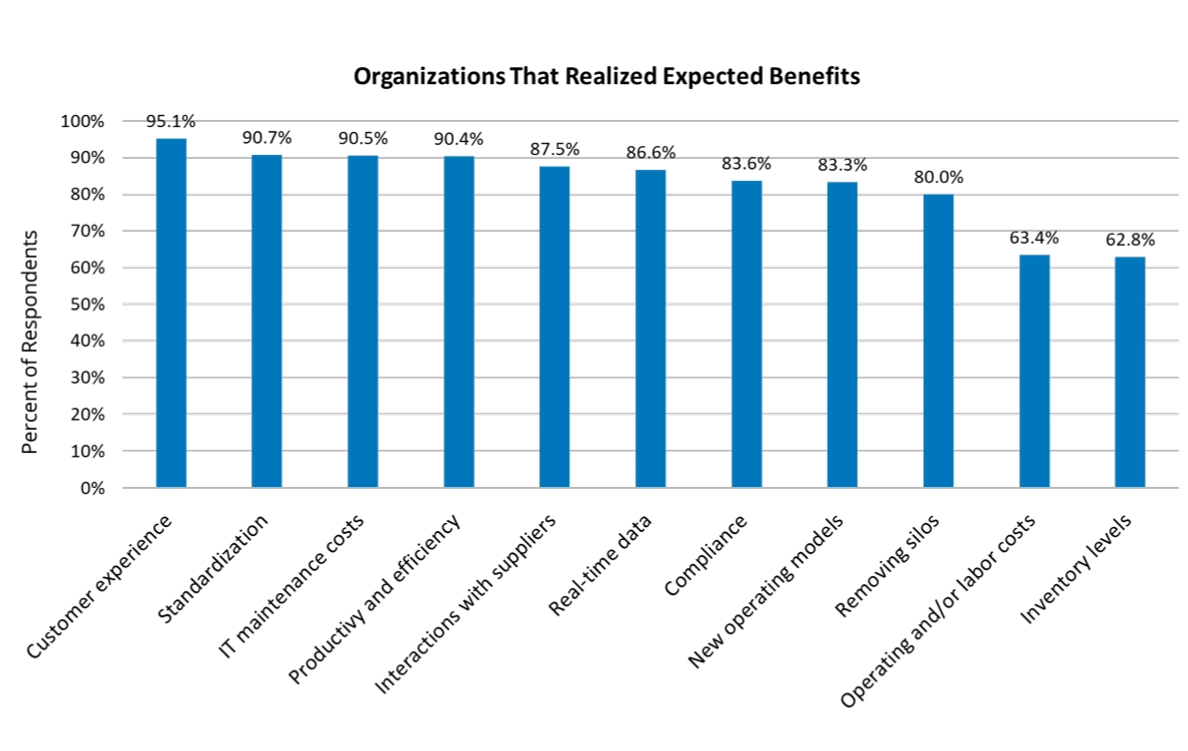For founders, CEOs, and other business leaders, the pursuit of growth, operational efficiency, and a competitive edge is a constant priority. In today's dynamic business environment, having the right tools is crucial. This article explores how SelfERP, an official Odoo ERP partner, empowers leadership teams to achieve strategic objectives by streamlining operations, providing real-time insights, and fostering a collaborative work environment.
Streamlined Operations: Simplifying Complexity for Strategic Focus
One of the most significant challenges CEOs face is managing the complex interplay of various business functions. SelfERP tackles this challenge head-on by integrating core processes—CRM, sales, project management, accounting, HR, and manufacturing—into a single, unified platform.
- CEO Use Case: Imagine a manufacturing company struggling with disparate systems for inventory management, production planning, and sales order processing. SelfERP centralizes these functions, providing the CEO with instant access to real-time inventory levels, production progress, and sales performance, all from a single dashboard. This eliminates data silos, reduces manual data entry, minimizes errors, and frees up valuable time for strategic initiatives.
- Benefits: This integration streamlines workflows, reduces operational complexities, and minimizes redundancies. It also significantly reduces the risk of data discrepancies, leading to more accurate reporting and better decision-making.
Real-Time Insights: Data-Driven Decisions for a Competitive Edge

In today's fast-paced business world, timely information is paramount. SelfERP provides comprehensive, real-time data analytics through intuitive dashboards, empowering CEOs to make informed decisions and drive strategic planning.
- CEO Use Case: Consider a retail CEO wanting to understand the performance of a recent marketing campaign. With ERP, they can instantly access sales data, track website traffic, and analyze customer behavior in real time. This allows them to quickly assess the campaign’s effectiveness, make necessary adjustments, and maximize ROI.
- Benefits: Real-time insights enable proactive problem-solving, identify emerging trends, and capitalize on market opportunities. This data-driven approach fosters a culture of informed decision-making, leading to improved business outcomes.
Scalability: Adapting to Growth and Ensuring Long-Term Success
As your business grows, your technology needs to adapt. SelfERP is designed for scalability, offering flexible solutions that evolve with your expanding operations.
- CEO Use Case: A startup experiencing rapid growth might initially use ERP for basic CRM and accounting. As they expand into new markets and increase their product offerings, they can seamlessly add modules for inventory management, manufacturing, and e-commerce without disrupting existing operations.
- Benefits: This scalability ensures that your ERP system remains a valuable asset as your business evolves, eliminating the need for costly and disruptive system replacements in the future.
Cost Optimization: Boosting Profitability Through Efficiency

In today's competitive landscape, cost optimization is crucial. SelfERP helps reduce operational costs and increase profitability by automating processes and improving resource management.
- CEO Use Case: A service-based company can use ERP to automate invoicing, track project hours, and manage employee timesheets. This reduces administrative overhead, minimizes errors, and ensures accurate billing, leading to improved cash flow and increased profitability.
- Benefits: Automation reduces manual labor, minimizes errors, and optimizes resource allocation. This translates to lower operational costs, improved efficiency, and increased profitability.
Enhanced Collaboration: Fostering a Cohesive and Productive Work Environment
Effective communication and collaboration are essential for organizational success. SelfERP fosters a cohesive work environment by facilitating seamless communication and information sharing across departments.
- CEO Use Case: A CEO can use ERP to create project-specific workspaces where team members can share documents, track progress, and communicate effectively. This eliminates email silos, improves transparency, and enhances team collaboration.
- Benefits: Improved communication and collaboration lead to increased productivity, better project outcomes, and a more engaged workforce.
The Impact of ERP: Research and Statistics
Quantifying the benefits of ERP implementation is crucial for organizations seeking to justify their investment and track progress. Panorama Consulting Solutions' 2024 research highlights the positive impact of ERP systems across various business functions. Their findings on "Benefits Realization" indicate that when organizations clearly define expected improvements, they are highly likely to achieve them. The study reveals that the majority of respondents who anticipated specific benefits from their ERP implementations successfully realized them.
Here's a breakdown of the key benefit categories and the percentage of respondents who achieved their expected outcomes:

- Customer Experience: A remarkable 95.1% of organizations aiming to improve customer experience through ERP succeeded. ERP proves its ability to enhance customer interactions, streamline service processes, and personalize customer engagement.
- Standardization: An impressive 90.7% of organizations achieved their desired level of standardization through ERP implementation. The effectiveness of ERP in establishing consistent processes, data management, and operational procedures across the organization is evident.
- IT Maintenance Costs: A substantial 90.5% of organizations successfully reduced IT maintenance costs thanks to their ERP implementation. Lower IT operational costs are achieved through consolidated IT infrastructure and streamlined maintenance efforts.
- Productivity and Efficiency: A significant 90.4% of organizations saw improvements in productivity and efficiency after implementing an ERP system. This improvement is driven by ERP's ability to automate tasks, optimize workflows, and empower employees.
- Interactions with Suppliers: A considerable 87.5% of organizations reported improved interactions with suppliers as a result of their ERP implementation. Enhanced supply chain visibility, streamlined communication, and stronger supplier relationships are among the outcomes.
- Real-time Data: A notable 86.6% of organizations successfully gained access to real-time data through their ERP systems. This access provides timely and accurate information crucial for informed decision-making.
- Compliance: A solid 83.6% of organizations achieved their compliance-related objectives through ERP implementation. ERP provides effective support for regulatory requirements, ensures data integrity, and mitigates compliance risks.
- New Operating Models: A healthy 83.3% of organizations successfully implemented new operating models with the help of ERP. Facilitating organizational change, supporting process innovation, and enabling new ways of working are key advantages.
- Removing Silos: A strong 80.0% of organizations successfully removed data and communication silos by implementing ERP. The resulting benefits include integrated departments, fostered collaboration, and improved information flow.
- Operating and/or Labor Costs: A noteworthy 63.4% of organizations successfully reduced operating and/or labor costs through ERP. While a smaller percentage than other categories, significant cost optimization is still achieved by a considerable number of organizations.
- Inventory Levels: A respectable 62.8% of organizations successfully optimized their inventory levels through ERP implementation. Improved inventory management, reduced stockouts, and minimized carrying costs are achieved.
This 2024 data clearly illustrates the potential of ERP systems to deliver tangible benefits across various business functions. By clearly defining objectives and tracking key performance indicators, organizations can maximize their return on investment and achieve significant improvements in efficiency, productivity, and overall business performance.
Given these compelling results and the demonstrated positive impact of ERP systems shown in Panorama Consulting Solutions' report, consistent with findings from numerous other recent studies, we at SelfERP are excited to showcase how our Odoo-based solutions empower CEOs. By embracing our integrated platform, organizations can achieve not only greater efficiency and productivity, but also enhanced profitability and overall business success. Contact us today to learn more about how SelfERP can transform your business!